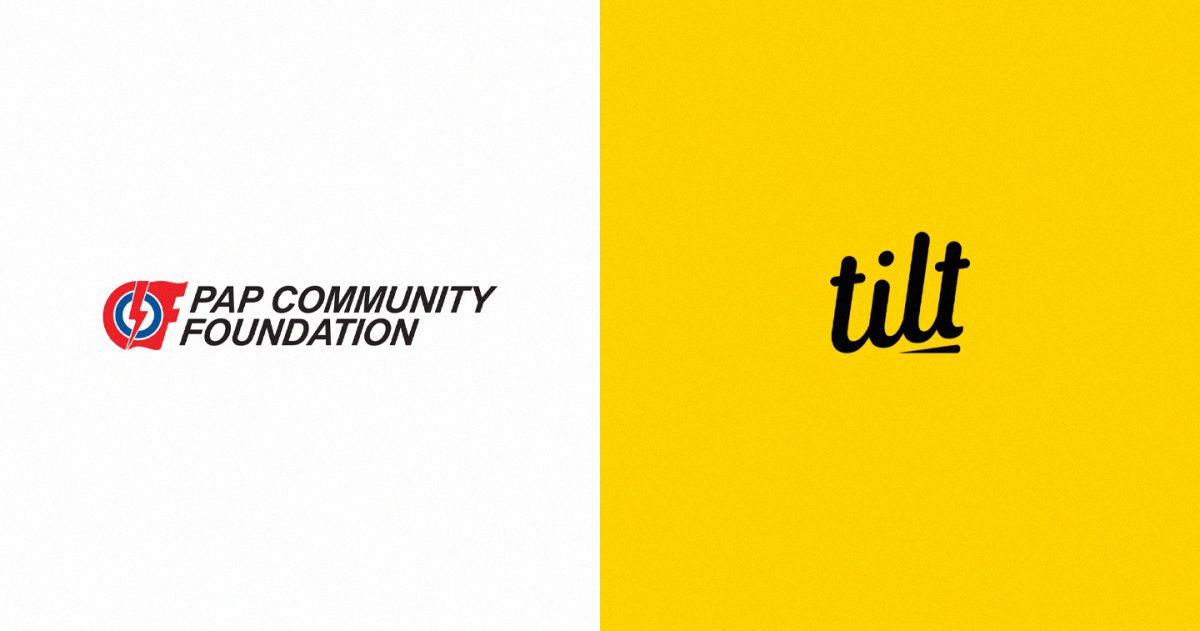AI Revolutionizes Advertising Industry
The advertising industry is undergoing a seismic transformation driven by artificial intelligence (AI), with major implications for agencies, brands, and investors alike. According to leading executives, AI is not only reshaping how advertisements are created and distributed, but also redefining the strategic direction of the entire sector.
“AI disruption is unnerving investors in every industry, and it’s totally disrupting our business,” said Mark Read, the outgoing CEO of global advertising giant WPP, in an interview with CNBC. His remarks underscore a growing recognition among industry leaders that AI is not a passing trend, but a foundational shift in how advertising will function in the future.
Creative Process Gets an AI Makeover
Traditionally, crafting an advertisement involved human creatives developing a concept, producing visuals and copy, and testing campaigns over time. AI is now streamlining this process by generating content on demand, analyzing consumer data in real time, and optimizing ads dynamically based on performance metrics.
“What used to take weeks or months can now be achieved in a matter of hours,” said Read. “We’re seeing AI tools that can generate entire ad campaigns, including video, text, and design, with minimal human input.” This acceleration in production timelines enables brands to respond more swiftly to market changes and consumer trends, making campaigns more relevant and effective.
Major Players Embrace AI Tools
WPP, Publicis, Omnicom, and other global ad holding companies are investing heavily in AI capabilities to stay competitive. These firms are integrating machine learning models to automate media buying, personalize content at scale, and even forecast consumer behavior with unprecedented accuracy.
For instance, WPP has partnered with chipmaker Nvidia to develop AI-powered platforms for ad creation and measurement. Meanwhile, Publicis Groupe has launched Marcel, an AI-enabled platform that connects 80,000 employees globally to foster collaboration and streamline workflows.
“This isn’t about replacing humans,” stated Read. “It’s about augmenting our creative abilities and freeing up time for strategic thinking.”
Investor Sentiment Reflects Rapid Changes
The rapid adoption of AI in advertising is also catching the attention of investors. While some are enthusiastic about the increased efficiency and scalability AI offers, others are cautious due to the uncertainty it brings.
“We’re seeing a recalibration in how advertising companies are valued,” said an analyst at a leading investment firm. “AI introduces opportunities for margin expansion, but also raises questions about long-term revenue models and intellectual property.”
The recent lawsuits by Disney and Universal against AI image-generation company Midjourney highlight the legal and ethical concerns surrounding AI-generated content. These developments have prompted agencies to establish internal guidelines for responsible AI usage, ensuring transparency and compliance with copyright laws.
Small Businesses and the Democratization of Advertising
While large agencies navigate the complexities of AI integration, smaller businesses are also finding opportunities in this technological shift. AI tools are becoming increasingly accessible and affordable, enabling startups and independent retailers to compete with larger brands in the digital advertising space.
“AI is leveling the playing field,” said a marketing consultant who advises small e-commerce brands. “With the right tools, a one-person operation can launch targeted ad campaigns that rival those of multinational corporations.”
However, this democratization also introduces challenges, particularly around data privacy and algorithmic bias. As more businesses deploy AI tools, ensuring ethical practices and consumer trust will be critical to long-term success.
Looking Ahead: What’s Next for AI in Advertising
As the industry continues to evolve, experts predict that AI will become an indispensable part of the advertising toolkit. Innovations such as generative AI, predictive analytics, and voice recognition are poised to further transform how brands engage with consumers.
“We’re just scratching the surface,” said Read. “The future of advertising will be smarter, faster, and more personalized than ever before.”
Agencies that embrace this transformation and invest in upskilling their workforce are likely to thrive in the AI-driven era. Those that resist may find themselves left behind in a rapidly changing marketplace.
This article is inspired by content from Adobo Magazine. It has been rephrased for originality. Images are credited to the original source.












Leave a Reply